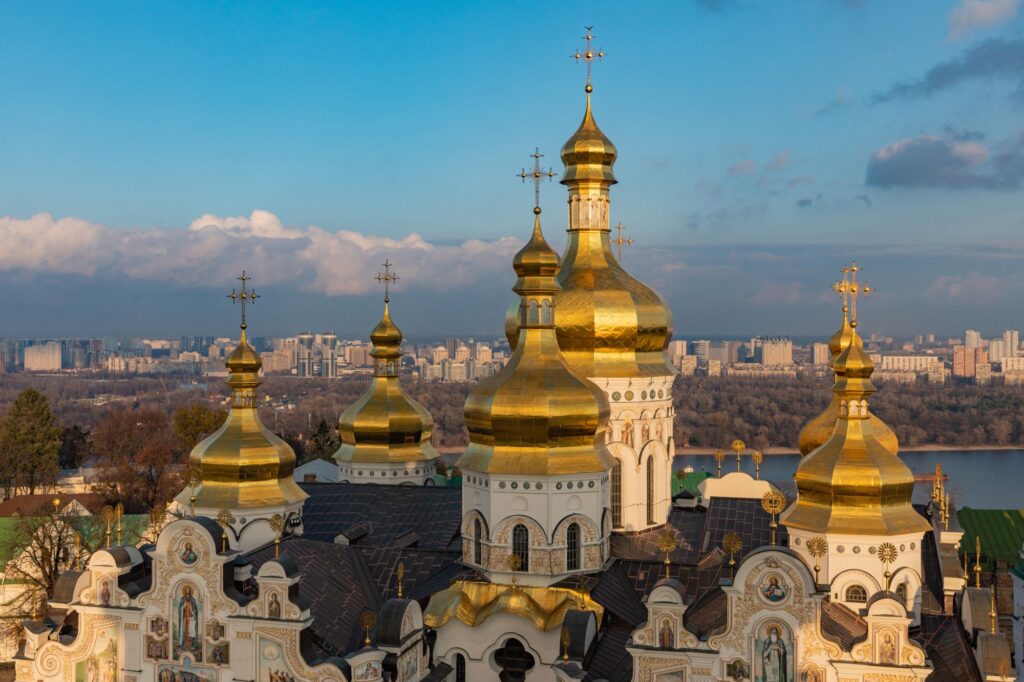The Bureau alleges that a gambling operator in Ukraine has dodged paying UAH1.20bn in taxes.
Although holding a licence in the country, the operator faces accusations of running unauthorised online gambling activities.
Over 30 duplicate sites akin to the licensed one were found to be facilitating illegal gambling ventures.
Furthermore, investigators uncovered a substantial tax evasion scheme involving payment misdirection.
The operator’s registered address, as per its licence issued by the national regulator KRAIL, was found to be inaccurate.
Additionally, the Bureau claims that personnel within the company obstructed the investigation by concealing crucial evidence and documents.
In response, UAH700m has been seized from the operator’s account, with a pre-trial inquiry currently underway and oversight from the prosecutor general’s office.
Although the operator is not explicitly named by the Bureau, The New Voice of Ukraine, citing Forbes, identified Cosmolot as the implicated company.
Cosmolot has refuted the allegations, asserting that its employees solely manage and support the official website, Cosmolot.ua, operating strictly under an official licence.
This crackdown on illicit gambling activities in Ukraine is part of broader efforts by authorities. Recent legislative changes, including measures against money laundering and terrorist financing, have imposed stricter regulations on operators.
Additionally, proposals to restrict banks from lending to self-excluded gamblers signify further attempts to mitigate gambling-related harm.
The future of gambling regulation in Ukraine remains uncertain, with discussions underway regarding the potential dissolution of KRAIL and the establishment of a new regulatory body.
Deputy Prime Minister Mykhailo Fedorov has proposed legislation to dissolve KRAIL, citing its inefficiencies in issuing licences promptly.
The invasion by Russian armed forces has further complicated regulatory proceedings, with some Commission members being mobilised for military service, hindering KRAIL’s operations and causing delays in regulatory functions, including licence issuance.
